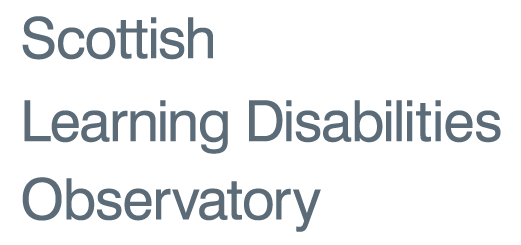In the whole population of Edinburgh, 0.6% of people are known to have autism. The prevalence of autism in the 0-15 age group is 1.7%. This reflects availability of diagnostic services for autism, which have improved considerably over the last two decades.
City of Edinburgh
Population size is 476,626
-
Choose
- Learning disabilities
- Autism
Population characteristics
Health
Households
Employment and education
Other topics
93.4%
were born in the UK
81.1%
are white and Scottish
89.8%
speak only English at home
Summary information
2,681 people are known to have autism; that's 0.6% of people
-
244 girls and 1,000 boys aged 0-15 are known to have autism, that is 0.7% of all girls and 2.7% of all boys aged 0-15
-
128 girls and 518 boys aged 16-24 are known to have autism, that is 0.4% of all girls and 1.5% of all boys aged 16-24
-
1,244 children and 1,437 adults are known to have autism
-
600 females and 2,081 males are known to have autism
-
35.7% of people known to have autism rate their health as very good, compared with 57.6% of all people; 3% of people known to have autism rate their health as very bad, compared with 1% of all people
-
25.8% of adults known to have autism have paid employment, compared with 59% of all adults; 10.8% of adults known to have autism are unemployed, compared with 4.6% of all adults
View other information
Explore
Choose People with learning disabilities data or People with Autism data
You may also choose topic or area
